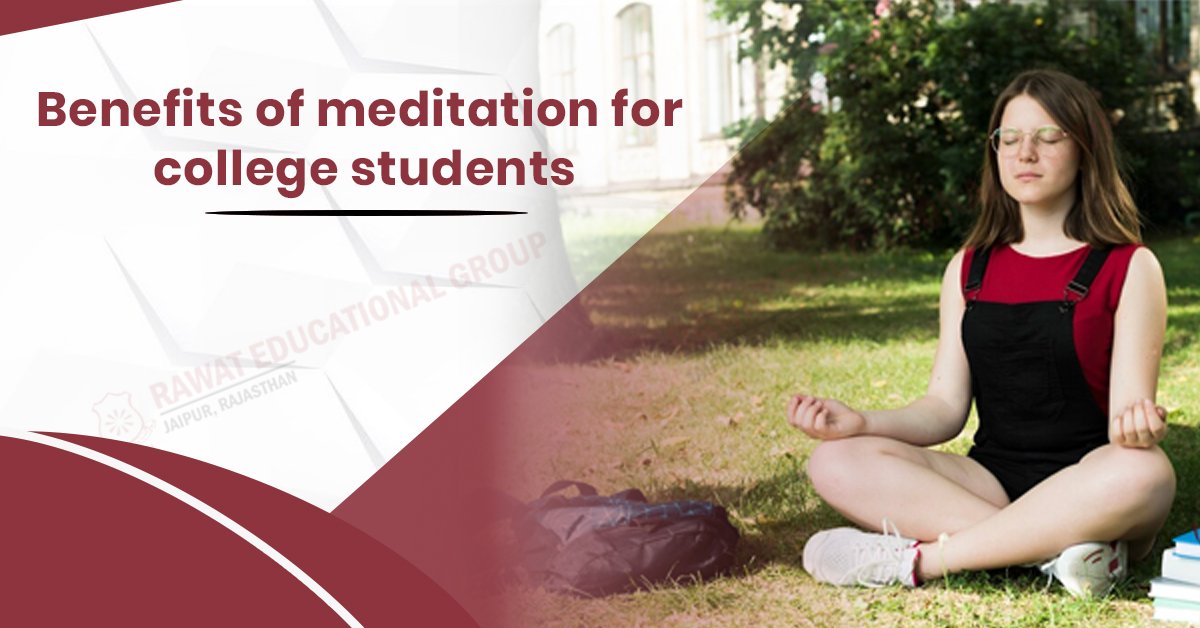B.Ed Syllabus and Subjects 2023 Year and Semester Wise

The Bachelor of Education program (B.Ed) in India prepares students for becoming teachers. This course was previously only available to graduates. B.Ed is now an integrated college course, as a result of the Ministry of Human Resources taking into account the greater demand for the teaching profession.
This integrated course can be taken after completing your 10+2 education. It takes only four years to become a graduate and B.Ed-qualified educator. According to the traditional path, you would have to finish the B.Ed course in 2 years and graduate in 3 years.
Educators wishing to teach in primary and secondary schools should have a B.Ed degree, so they can teach science and arts from the perspective of a teacher.
Specializations of B.Ed. Course:
B.Ed. (Computer Science), B.Ed. (English), B.Ed. (Commerce), B.Ed in Home Science, B.Ed in Biological Science, B.Ed in Mathematics, B.Ed in Economics, B.Ed in Political Science, B.Ed in Computer Science, B.Ed in Social Science, B.Ed in Physical Science, etc.
It is possible for students to complete two degrees at the same time by taking light subject courses in the B.Ed. program. Many students opt for MBA courses due to the high returns they receive from MBA positions. In spite of the fact that it is possible to complete two degrees simultaneously, it is recommended that both degrees be completed in two different academic years.
B.Ed Syllabus for Entrance Exam:
Admission to BEd is based on merit and entrance examinations. There is a similar syllabus for all B.Ed entrance examinations. The majority of marks will be earned by focusing on the subjects that will fetch the most points. A good score in the B.Ed entrance exam depends on covering the following sections:
- General Knowledge
- Current Affairs
- Polity
- History
- General Science
- Geography
- Questions Related to Social Issues
- Five-year Plan
- Verbal Aptitude
- Grammar
- Synonyms and Antonyms
- Fill in the Blanks
- Error Correction
- Reading Comprehension
- Spelling Error
- One-word Substitution
- Idioms & Phrases
- Teaching Aptitude
- Nature, Objective, Characteristics, and Basic Requirements of Teaching
- Factors Affecting Teaching
- Methods of Teaching (Nature, Purpose, Characteristics, and Basic)
- Requirements of Teaching
- Teaching Aids
- Factors Affecting Learning
- Teaching Methods
- Logical Reasoning
- Series Completion
- Substitution and Interchanging
- Tests of Alphabet
- Principle of Classification
- Quantitative Aptitude
- Percentage
- Average
- Ratio & Proportion
- Profit & Loss
B.Ed Eligibility:
- B.Ed admissions require an undergraduate degree in any stream (Arts, Science, or Commerce). For bachelor's degree courses, the minimum mark requirement is between 50 and 55%.
- Bachelor's degree holders in the arts, commerce, or science can select their specialization according to their degree program.
- B.Ed admissions in the majority of colleges are not age-restricted.
List of B.Ed. Entrance Exams 2022-23:
Several institutes and universities conduct entrance exams for B.Ed. programs. There are several popular ones, including
- IGNOU B.Ed. Entrance Exam
- DU B.Ed. Entrance Exam
- UP B.Ed JEE 2022
- MAH B.Ed. CET
- Bihar B.Ed. CET
- BHU UET
- IPU CET
- HPU B.Ed.
- Odisha B.Ed. Entrance Exam
B.Ed 1st Year Syllabus:
The B.Ed First Year Syllabus is divided into 4 semesters. B.Ed 1st year subjects include language across the curriculum, contemporary India and education, childhood and growing up, school exposure, etc. The BEd 1st-semester syllabus includes subjects like Pedagogy of school subject-1 – Part I, Understanding ICT and its applications, etc. The total marks for the B.Ed First Year Syllabus are 325. Childhood and growing up - Contemporary India and education contain 100 marks each. They are the only subjects that have 100 marks.
Semester 1
- Childhood And Growing Up
- Learner as a Developing Individual
- Development and Learning
- Understanding Childhood in a Socio-cultural perspective
- Adolescence: Issues and Concerns
- Stages of Child Development: Implications for Teachers
- Contemporary India And Education
- Contemporary India
- Constitutional Provisions and Education
- Development of Education in India
- Initiatives of Government of India
- Contemporary Indian Education: Concerns and Issues
- Language Across The Curriculum
- Language Background of Students
- Nature of Classroom Discourse
- Informational Reading and Writing
- Pedagogy Of Subjects
- Social Science
- Biological Science
- Physical Science
- Mathematics
- English
- Urdu
- Sanskrit
- Hindi
- Understanding ICT And Its Applications
- Introduction to ICT
- ICT and Pedagogy
- ICT for Assessment and Management
Semester 2
- Learning And Teaching
- Understanding the Learner
- Understanding Learning
- Learning in ‘Constructivist’ Perspective
- Understanding Teaching
- Teaching as a Profession
- Knowledge And Curriculum
- Knowledge and Knowing
- Forms of Knowledge
- Curriculum Determinants and Considerations
- Curriculum Development
- Curriculum Implementation and Renewal
- Assessment For Learning
- Assessment and Evaluation: An Overview
- Context of Assessment
- Assessment Procedure
- Data Analysis, Feedback, and Reporting
- Pedagogy Of Subjects
- Social Science
- Biological Science
- Physical Science
- Mathematics
- English
- Urdu
- Sanskrit
- Hindi
Semester 3
- Engagement With The Field: Tasks
- Tasks and Assignments in different Courses
- School Internship
- Courses on Enhancing Professional Capacities
- Pre-Internship
- Internship
Semester 4
- Gender, School and Society
- Reading and Reflecting on Texts
- Arts in Education
- Understanding the Self
- Creating an Inclusive School
- Health, Yoga and Physical Education
Jobs Prospects after B.Ed:
Let's look at what career opportunities are available after BEd. Educating at the school level in India requires a BEd. A BEd degree qualifies a candidate to teach as a Post Graduate Teacher (PGT) or Trained Graduate Teacher (TGT).
Further education can be pursued with a BEd, such as an MEd or Masters/PhD in your field. Educators and teachers with completed programs can find employment in both the public and private sectors. You can explore these job profiles after graduating with a BEd:
- Trained Graduate Teacher
- Post Graduate Teacher
- Researcher
- Journalist
- Writer
- Author
- Content Writer
- Private Tutor
- ● Principal
- ● Educational Counsellor
- ● School Administrator



